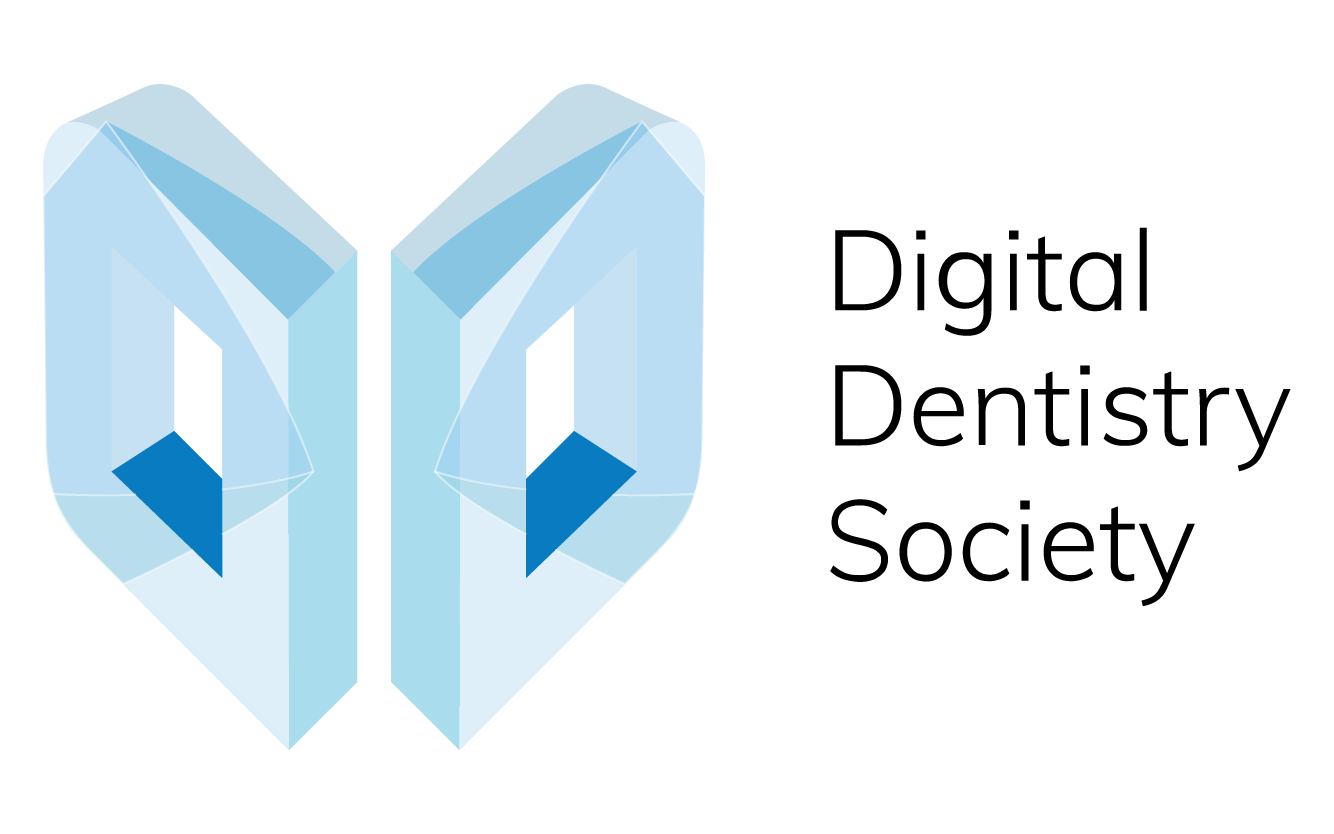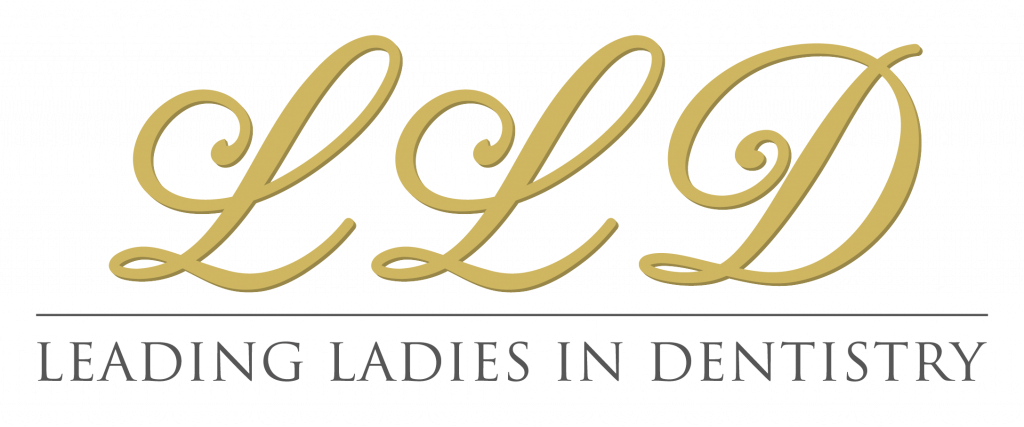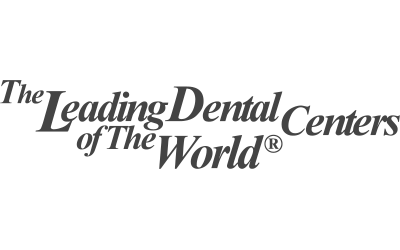Project Description
FAQ
Over time, teeth naturally tend to darken. This is caused by contact with pigments found in various foods such as coffee, tea, or from cigarette smoke. Sometimes, the phenomenon is due to abrasion of the superficial enamel. A differential diagnosis between these two causes is important and should be performed by a specialist, as the treatment is completely different for each cause.
Under normal oral health conditions, a professional dental cleaning session is recommended every six months. In cases of particular susceptibility to the development of gingivitis or periodontitis, this frequency is reduced.
Sealant is a preventive therapy that involves sealing excessively deep anatomical grooves on the teeth, preventing the development of cavities.
Tooth sensitivity is often associated with periodontal issues. Depending on its severity, it can be resolved by combining in-office procedures with products for home use.
ADVICES
With an appropriate diagnosis, this condition can be treated using modern professional whitening systems that are increasingly safe and effective. It is almost always preferable to combine an in-office treatment performed by a dental hygienist with a home maintenance regimen.
In case of severe tooth sensitivity, consult a specialist to formulate an accurate diagnosis and receive recommendations on the appropriate therapy to undertake.
In a large percentage of cases, halitosis is a symptom of inflammation of the tissues surrounding the tooth. There are temporary remedies such as mints, mouthwashes, sprays, and chewing gums, but it is essential to consult a specialist to perform an accurate diagnosis and implement appropriate therapy.












